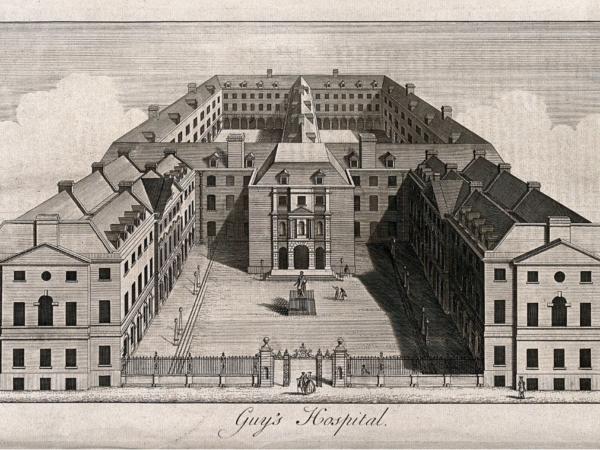
Guy’s Hospital School of Physiotherapy, London
An Overview of the Origins and History 1888 to1992 During the early to mid-1970s I was privileged to work as a member of the physiotherapy staff at Guy’s Hospital London. Guy’s was founded in 1726 and is recognised as one of the great and famous hospitals in the United Kingdom …
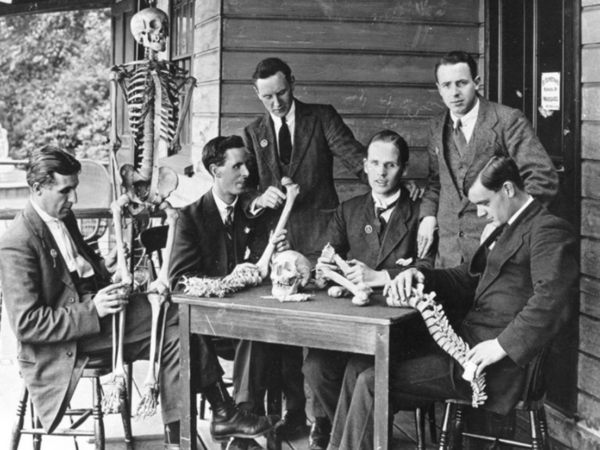
Lest We Forget
At the eleventh hour on the eleventh day of the eleventh month – we will remember them. The Armistice (Latin = “to stand arms still”) agreement to end the hostilities of the First World War at the beginning of peace negotiations, began at 11am on the 11th of November 1918. …
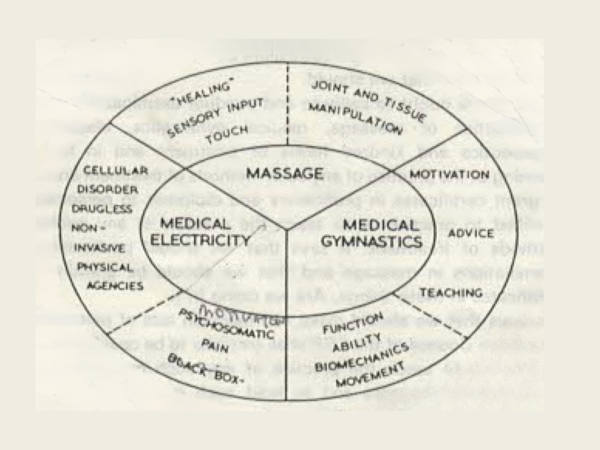
Physiotherapy is Handling: Then and Now
The seminal paper “Physiotherapy is Handling” was presented by Joyce Williams at the Chartered Society of Physiotherapy (CSP) Founders’ Lecture at the CSP Annual Congress in 1985 and was reproduced in the Physiotherapy Journal in February 1986 (Vol.72, no.2). Joyce’s biographical details current at the time of publication appear following …

Queen Elizabeth II: Late Patron of the Chartered Society of Physiotherapy
This article reflects some of the key contributions of our late and much-loved Queen Elizabeth II, as Patron of the Chartered Society of Physiotherapy (CSP), as we look to the Coronation of King Charles III on 6th May 2023. There are many references in physiotherapy publications to Her Majesty …

Reflections on two unique and great women who served as presidents of the Chartered Society of Physiotherapy.
Baroness Boothroyd and Baroness Masham who both died during the early months of this year were unique and great women who achieved and gave so much to Chartered Society of Physiotherapy (CSP). The CSP was fortunate to benefit from their commitment, expertise and advocacy as Presidents and figureheads. Baroness …

Guidelines for Computerised Information Systems in the UK NHS Physiotherapy Services: An Historical Perspective
Background This paper (below) was published in the Chartered Society of Physiotherapy Journal “Physiotherapy” in April 1994. At that time, there were very few computerised information systems specifically designed for physiotherapy services and Allied Health in the UK but computerised information systems were gradually becoming more widely used in the …

Why Information Systems for Physiotherapy? – An Historical Perspective
I think the service I led and managed was the first in the United Kingdom to make Personal Computer (PC) access fully available to all physiotherapy staff and by the time I retired from that role all of my out-patient staff had their own work stations complete with PC. I …
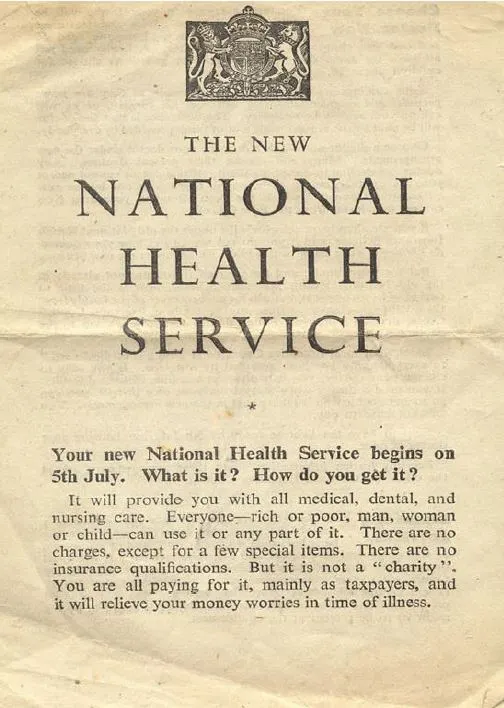
Introduction of General Management into the UK NHS – CSP Response
The introduction of General Management into the National Health Service (NHS) in the United Kingdom (UK) which commenced in 1983/1984 was one of the most extensive and radical sets of changes to have taken place in the Service during its 73-year history. Arguably, the Griffiths recommendations which brought general management …
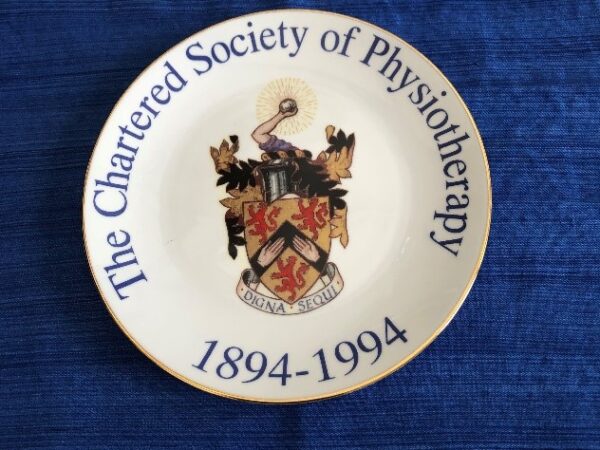
Significant Landmarks in UK Physiotherapy Through Official Memorobilia
Historical Notes and Personal Reminiscences 1994 was a significant date in the history of physiotherapy in the British Isles; it was the celebration of the Centenary of the founding of the Chartered Society of Physiotherapy (CSP). It was during the summer of 1894 that four nurses and midwives, Lucy Robinson, …
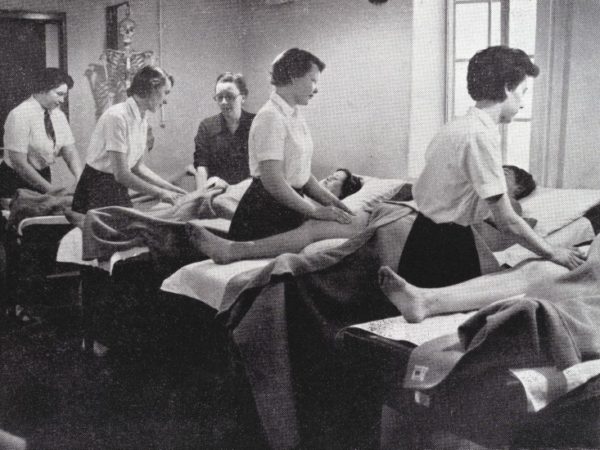
The process of physiotherapy professionalisation in the UK – Development of autonomy, Part IV
A Watershed in Professional Independence in the UK – The McMillan Report NOTE: Readers may be interested to know that Mr E.L. McMillan (Chairman of the McMillan working Party, in whose name the Report was published) was a patient of the author during the period that the working party was …
